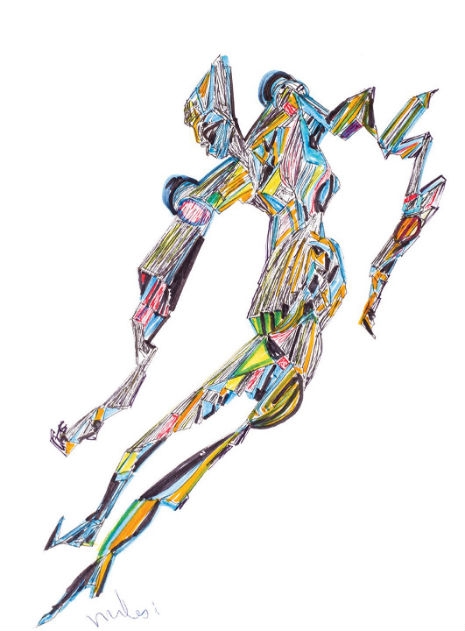

I was four different people two of them people had consciences and two didn’t." “Two people without the coke and two more with the coke. “eing a Gemini I’m already two,” Davis himself wrote in his 1990 autobiography Miles. It’s what first attracted Zimmerman, himself an accomplish vocalist, to Davis’ music in the ’80s.ĭavis was a middle-class son of a dentist, born into a racially divided America, who once was clubbed on the head by a white policeman for standing outside of a venue where he was performing. In addition to numerous Grammy Awards, Davis has a star on the Hollywood Walk of Fame, was inducted into the Rock and Roll Hall of Fame and even had his work honored by Congress. Different versions of Davis exist side by side: He was an unquestionable genius, who had an electrifying stage presence, a great affection for his children, but also, as Francis Davis writes in the Atlantic, the troubled artist was “peacock vain,” addled by drugs, and, by his own account, physically abused his spouses. “Miles was the greatest singer on the open mouth trumpet that there’s ever been,” he says, echoing the words of jazz great Gil Evans. Leaving the theater after seeing Don Cheadle’s new film Miles Ahead about the raspy-voiced Davis, Zimmerman is singing to prove his point. Words so fitting that one could imagine Davis approaching Hendricks to say, “Mother, what are you doing writing words to my song?” He uses the words that lyricist and singer Jon Hendricks penned for the complex arrangement years later. Zimmerman’s voice mimics the smooth, dreamy instrumentation of “Freddie Freeloader,” found on Miles Davis’ 1959 masterpiece Kind of Blue.

“Free booze, free blues, that’s Freddie,” sings James Zimmerman, a jazz scholar and a senior producer at the National Museum of American History, who served as the Smithsonian Jazz Masterworks Orchestra’s producer and executive producer for 11 years.


 0 kommentar(er)
0 kommentar(er)
